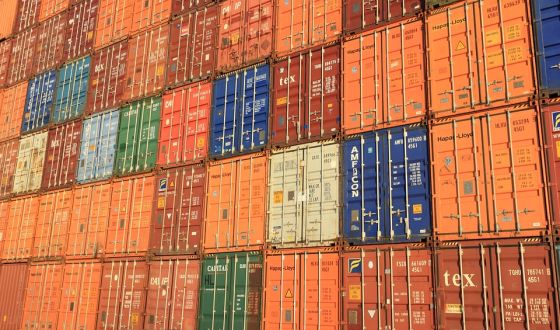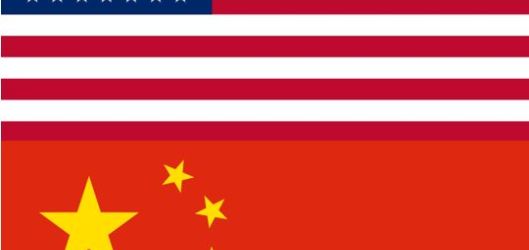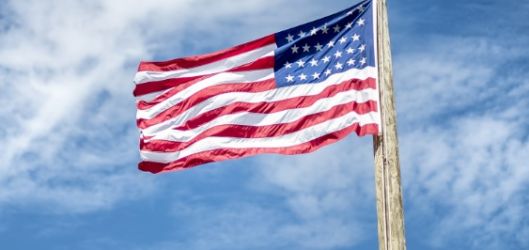
IN DEPTH: In a bid to correct "unfair trade" US President Trump has signed an order to impose heavy tariffs on steel and aluminium.
While Mexico and Canada are currently excluded, the Section 232 steel tariff will hit steel imports from all other countries – including products from the EU – with a 25% tariff.
This morning (9th March), The European Steel Association (EUROFER) roundly condemned the decision as "damaging and counterproductive for both the US and EU economies".
Axel Eggert, Director General of EUROFER, said: “The US measure baselessly includes EU producers [see below], who will suffer significantly from the loss of one of its major export markets. The national security justification the President has used – and the linking of these tariffs to NATO funding – is an absurdity.”
The US imports around 35 million tonnes of steel per year. The concern for EU steel producers is not only the potential loss of access to a market with which they have strong commercial links, but even more that trade deflection towards the EU's open market will be large and sudden.
Eggert added: “The loss of exports to the US, combined with an expected massive import surge in the EU could cost tens of thousands of jobs in the EU steel industry and related sectors. Ironically, estimates also show that the US could also suffer a net loss of jobs as a result of the measure.”
EUROFER said the EU has long been a fair and reliable supplier of high quality steels to the US market. European trade in steel is neither dumping, nor a threat to US national security by any stretch, it emphasised.
“The very real risk of trade deflection will require the EU to react with contingency safeguards to ward off any import surge caused by the Section 232 tariffs.
“We welcomed the announcement by the Commission that it would act immediately to defend its industry. We cannot stand idly by while the US lights a match under the global trading system.”
The view from the USA
According to the US Department of Commerce, the USA is the world's largest steel importer, with imports almost four times exports. A specially commissioned report, released in February, noted that since 2000, six basic furnaces and four electric furnaces have closed, with employment falling 35% since 1998.
As the world's largest producer of steel, China was singled out in the report, noting it produced nearly as much steel in a month as the USA does in a year. China's excess capacity alone exceed the total US steel-making capacity.
It concluded that: "The Department of Commerce found that the quantities and circumstances of steel and aluminum imports 'threaten to impair the national security,' as defined by Section 232."
Trump appears to have closely followed the Steel Report's recommendations. It advised a global tariff of at least 24% on all steel imports from all countries. It's second recommendation, if that 24% tariff was rejected, was to impose at least 53% on steel imports from 12 countries - non of which are in the EU: Brazil, China, Costa Rica, Egypt, India, Malaysia, Republic of Korea, Russia, South Africa, Thailand, Turkey and Vietnam. In that case, a quota by product on steel imports from all other countries equal to 100% of their 2017 exports to the US was also recommended.
Thomas J. Gibson, president and CEO of the American Iron and Steel Institute (AISI), said: “The president’s action [today] is key in stemming the tide of unfair foreign imports and putting steel workers back to work. The president’s commitment to addressing the steel crisis is already producing benefits in Granite City, IL where US Steel will be restarting one of the blast furnaces that has been idle since December 2015 due to global excess steel capacity and unfairly traded steel imports. With the signing today, the steel industry can be on track to maintain our essential contributions to national security and critical infrastructure like transportation, public health and safety, energy and the power grid– all of which rely heavily on steel. We thank the president for his continued recognition of the nearly one million jobs supported by the domestic steel industry.”
Fortune.com noted that the tariffs will likely have a negative impact on the US automotive and aerospace industries, potentially leading to higher prices in the US compared with overseas competitors.



